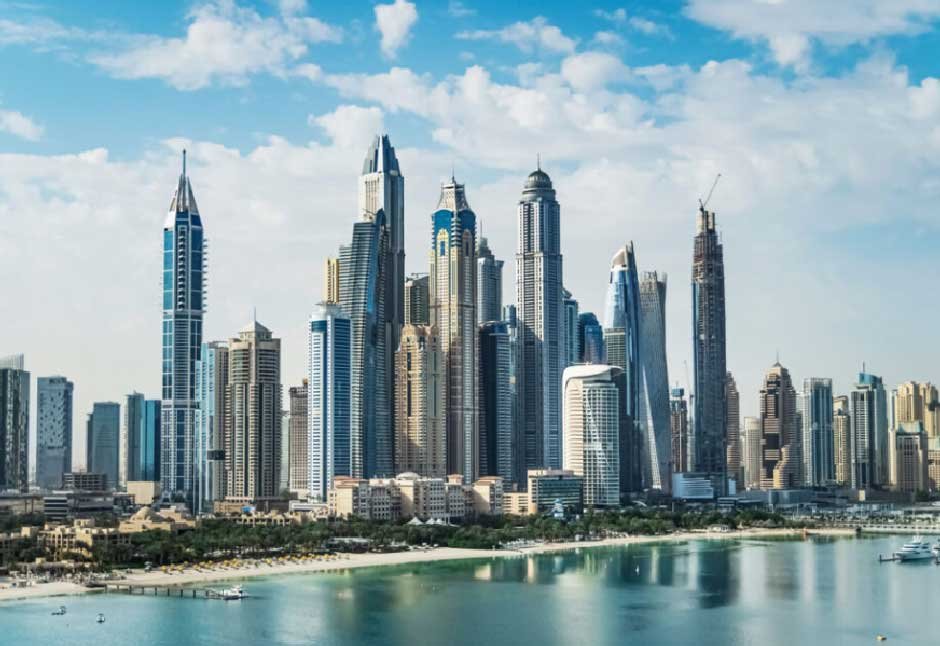Skip to the good bit
ToggleFor many Indian entrepreneurs, Dubai has become the natural first step for expansion abroad. It’s close, flights are frequent, and the city is already familiar through trade, tourism, and family connections. The opportunities are obvious, but once you decide to set up, a new question arises: what type of company structure should you choose?
In company formation in Dubai, the options are usually three: mainland, free zone, or offshore. Each comes with its framework, costs, and opportunities. The choice depends less on what sounds attractive on paper and more on what fits your business model.
Mainland Company Formation
A mainland company is registered with the Dubai Department of Economic Development (DED). The most significant benefit here is market access; you can operate across Dubai and the entire UAE without restrictions.
Why mainland works for some businesses:
- Ability to trade directly with the local market.
- Option to bid for government contracts in specific sectors.
- Flexibility to open offices anywhere in Dubai or other Emirates.
For example, an Indian retail chain looking to open physical stores would likely benefit from a mainland licence, as it allows direct sales to customers. But this route also means stricter compliance and, in some cases, higher operational commitments.
Free Zone Company Formation
Dubai is famous for its free zones. Each one is built around a specific sector: technology, media, logistics, healthcare, and more. For start-ups and global businesses that don’t need direct UAE market access, free zones offer several advantages.
Key benefits of free zone setups:
- 100% foreign ownership is usually allowed
- Simple procedures for incorporation and licensing
- Office spaces, warehouses, and infrastructure tailored to industries
- A strong community of like-minded businesses
Imagine a Bengaluru-based software firm looking to expand. A tech-focused free zone in Dubai provides not only licensing but also networking with similar companies, which can be an advantage. The limitation? Free zone companies cannot trade freely in the mainland without additional approvals.
Offshore Company Formation
Offshore structures are very different from the other two. They are not designed for doing business within Dubai. Instead, they are mainly used for international trading, asset protection, or acting as holding companies.
Why entrepreneurs consider offshore:
- Quick and cost-effective incorporation
- Confidentiality for shareholders and directors
- Tax-friendly for global operations
For instance, an Indian family business that wants to manage overseas assets may find an offshore entity useful. But it won’t be suitable if the plan is to sell products or services within Dubai itself.
How Do You Decide?
Choosing between mainland, free zone, and offshore depends on your goals, not trends.
- The Mainland is ideal if you need to operate directly in the UAE market.
- Free zone works well for firms focusing on international clients, imports, exports, or specialised services.
- Offshore is usually picked by businesses that need a holding company or global trading base, without local operations.
For many entrepreneurs, the decision is not obvious. Rules differ across Emirates and even between free zones. That’s where working with a company formation consultant in Dubai can help. Consultants evaluate your business model and guide you to the option that balances compliance, cost, and growth potential.
The Role of Consultants
The paperwork may look simple at first, but in practice, it often gets tricky. A consultant specialising in company formation in UAE makes the process smoother. Their role typically includes:
- Recommending the right structure based on your plans.
- Explaining compliance and licensing requirements clearly.
- Preparing and attesting documents.
- Liaising with authorities to speed up approvals.
- Advising on visas, banking, and office requirements.
Take the case of an Indian e-commerce start-up exploring Dubai. Without guidance, the founders might waste weeks comparing zones, missing small but essential details. With a consultant, the choice is narrowed down quickly, paperwork is handled correctly, and the company is ready to start faster.
Conclusion
There is a good reason why Dubai continues to attract Indian entrepreneurs. The success of the UAE begins with the selection of the correct setup. Mainland, free zone, and offshore are not mere forms; they are quite different ways. Making the correct choice between the three based on the full knowledge of their advantages and disadvantages, and with the assistance of an effective company formation consultant in Dubai, entrepreneurs can prevent delays or costly errors.
It is prudent that a serious company founder in Dubai, and more so in the UAE, take steps to match the company structure with the goal of long-term vision. That single decision may determine how your trip becomes or how troublesome your journey turns out to be.







